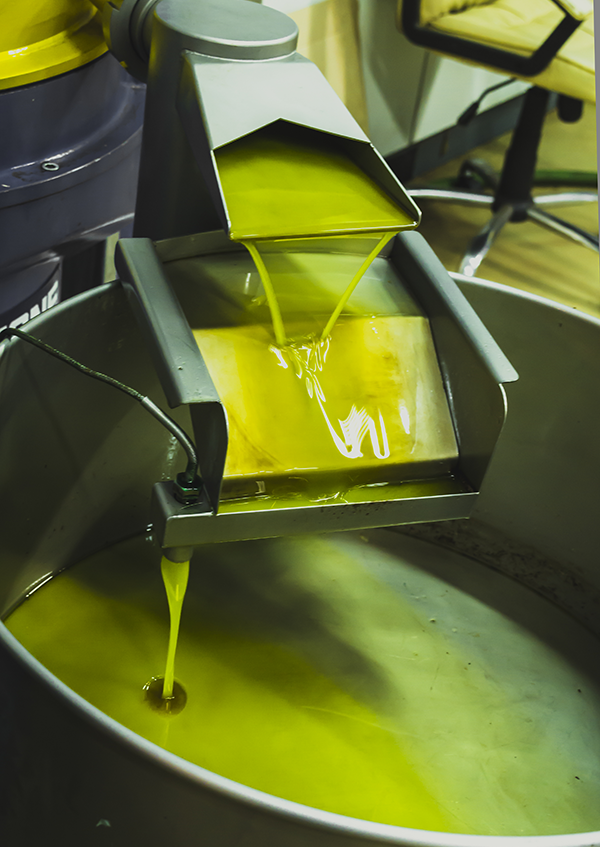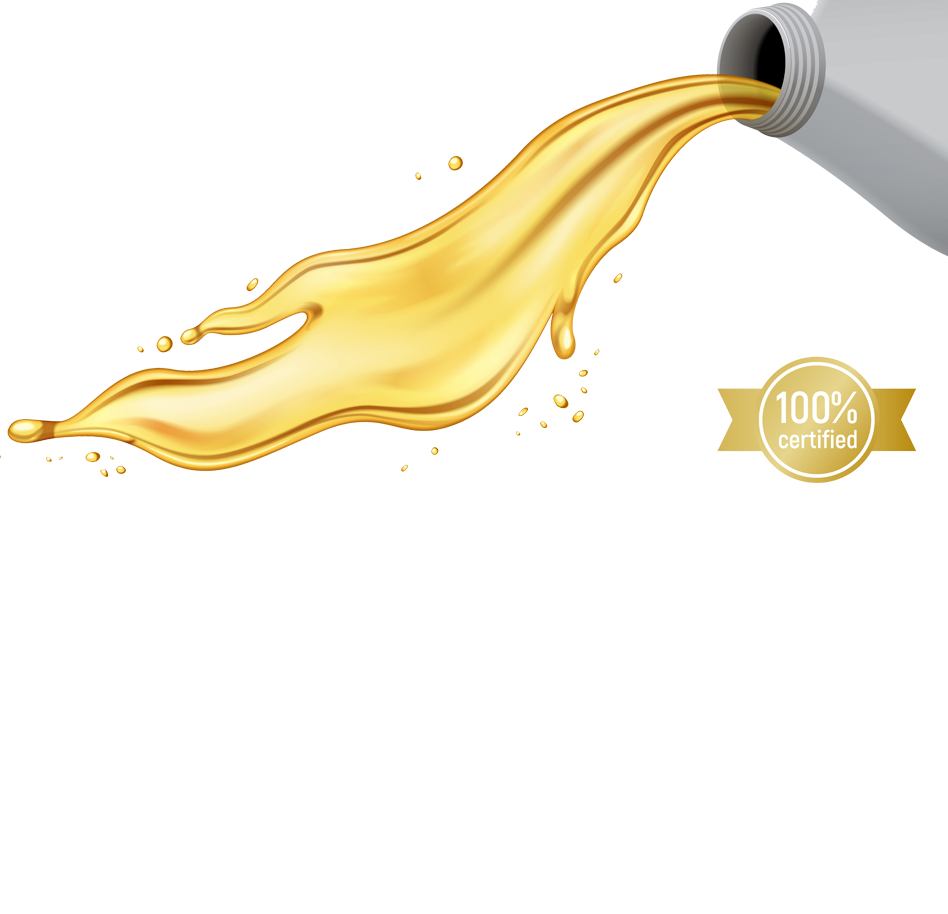Lubricants


Key Points About Biodiesel
Environmental Sustainability
The main goal of bio lubricants is to reduce the environmental impact associated with lubricant use. They are typically derived from renewable resources such as plant oils, animal fats, or microbial sources, making them more sustainable and reducing dependence on finite fossil fuel reserves.
Biodegradability
One of the significant advantages of bio lubricants is their biodegradability. Traditional petroleum-based lubricants can persist in the environment for extended periods, causing harm. Bio lubricants break down more readily, reducing their impact on ecosystems.
Reduced Toxicity
Bio lubricants are often less toxic than their petroleum-based counterparts. This is beneficial in terms of human health and safety, as well as for ecosystems where lubricants may be released.
Renewable Feedstocks
Bio lubricants can be produced from a variety of renewable feedstocks, including vegetable oils (such as soybean, canola, or sunflower oil), animal fats, and microbial oils. This diversity allows for flexibility in production based on regional availability and economic considerations.
Branches
Branches Across India
Projects
Projects with 100% Satisfaction
Engineers
Top Engineers around the World

Lubricants Benefits
Biodiesel lubricants, often referred to as bio-based lubricants derived from biodiesel feedstocks,
offer several benefits. These lubricants are made from renewable resources,
- Renewable Feedstocks: Biodiesel lubricants are produced from renewable resources, such as soybean oil, canola oil, or animal fats. This makes them a sustainable and eco-friendly choice, reducing dependence on finite fossil fuel reserves.
- Biodegradability: Biodiesel lubricants are typically biodegradable, meaning they break down more easily in the environment compared to traditional petroleum-based lubricants. This characteristic helps reduce the impact on ecosystems in case of accidental spills or leaks.
- Reduced Environmental Impact: Biodiesel lubricants contribute to lower carbon dioxide (CO2) emissions and reduced environmental impact compared to their petroleum-based counterparts. They often have a lower carbon footprint, helping to mitigate climate change.
- Enhanced Lubricating Properties: Biodiesel lubricants can offer good lubricating properties, providing effective protection against friction, wear, and corrosion. They may also have improved viscosity characteristics, contributing to better overall lubrication performance.
